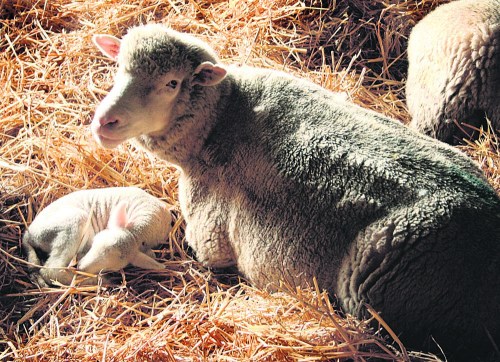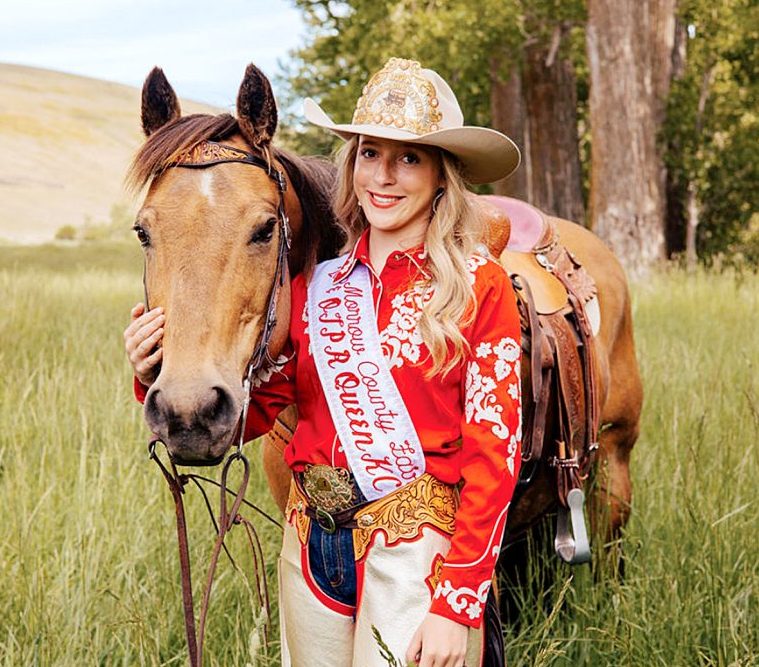Sheep producers request USDA assistance
Published 2:30 pm Tuesday, March 31, 2020

- A ewe rests with its lamb at a farm near Brownsville, Ore. The sheep industry is seeking help from the USDA after prices plummeted.
SALEM — The beleaguered sheep industry is asking USDA Secretary Sonny Perdue for help on two fronts after lamb, wool and pelt prices plummeted because of the trade dispute with China, and then the coronavirus outbreak closed most U.S. restaurants, causing much of the market for lamb to evaporate.
China is the top export market for U.S. wool and sheepskins, but wool exports were down 88% in value and 89% in volume between October 2019 and January 2020 compared with a year earlier.
Trending
U.S. sheepskin exports to China were down 76% in value and 50% in volume during the same period, according to the American Sheep Industry Association.
Wool prices worldwide are down 26% from a year ago, and the stronger dollar is making U.S. wool more expensive overseas than competitors’ product.
Then, two weeks ago, the coronavirus outbreak forced restaurants to shut down across the U.S.
It’s a double whammy, said Peter Orwick, ASI executive director.
“The key concern we have is the food service sector. That represents at least half of the entire market for American lamb,” he said.
The situation has already had an impact on slaughter rates and demand, and it’s hitting at the Easter and Passover season. That’s typically the single largest sales period of the year, and the industry gears much of its lamb production for that demand, he said.
Trending
Some food service establishments are still offering food for delivery or carryout, but it’s not expected lamb will be as available in those offerings. And part of the food service sector is not going to be able to jump back in when the crisis situation has passed, he said.
Loss of consumer demand and decline in slaughter lamb prices could cost lamb producers $125 million at the farm level, with a total impact to the U.S. lamb industry in excess of $300 million, according to ASI.
One large lamb processor, Mountain States Rosen in Greeley, Colorado, has already filed for protection under Chapter 11 of the U.S. bankruptcy code after its food service orders were abruptly canceled, Orwick said.
Low sales volume adds to the issue of having sufficient numbers for mandatory price reporting, which is the basis of USDA’s livestock risk insurance program for lamb producers, he said.
The ASI wants USDA to use its purchasing programs to buy lamb racks and middle meats, which would typically go to restaurants, to keep lamb moving through the system, said Orwick.
ASI staffers are also having conversations with other federal agencies regarding such issues as transportation, public lands grazing and foreign labor. And they are visiting with textile firms to gain interest in using wool and encouraging wool companies to visit with Chinese customers to apply for their government’s exclusion on tariffs.









